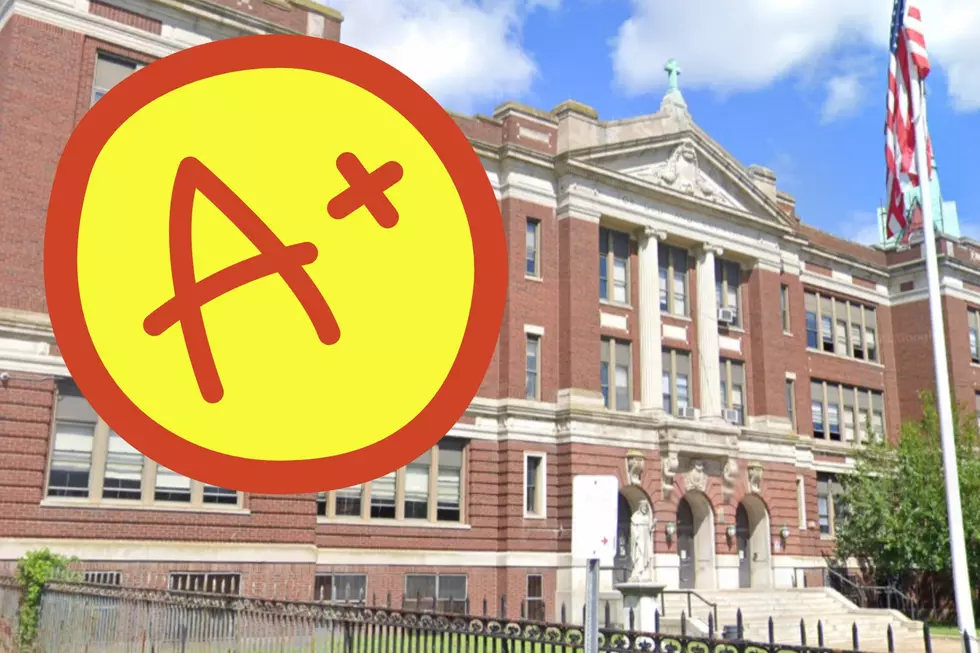
NJ’s finances are horrible, and we can’t keep this up, analysis finds
Nearly all states are required to pass a balanced budget every year, but by shifting costs from one year to another they meet that requirement ... technically ... without really covering all those costs.
A new analysis by the Pew Charitable Trusts that studied financial reports of all 50 states found 10 states were really running in the red.
“New Jersey was 1 of the 10 states where total revenue over the past 15 years has fallen short of total expenses, and in fact, New Jersey has accumulated the biggest gap of all the states,” said Barb Rosewicz, a project director at the Pew Charitable Trusts and the author of the report.
She said since 2003 “New Jersey took in enough revenue overall to cover only 91.3 percent of its expenses.”
She noted it’s not unusual for states to run a deficit in some years, especially after a recession, “but New Jersey is one of only two states to run a deficit in each of the past 15 years. That’s unsustainable over the long run.”
The other state was Illinois.
“Most states are able to use the recovery that follows a recession to shore up their finances, but actually that has not happened in New Jersey," Rosewicz said.
Rosewicz said even though the United States is in the ninth year of economic recovery since the "Great Recession," New Jersey had its biggest deficit in the last year that was studied, which was 2017.
“In that year its revenue was only 84 percent of expenses, which left it $11.5 billion short," Rosewicz said.
She said that kind of a huge deficit has to be covered somehow, either by patching together a mix of reserves or money from other funds in the budget, by taking on debt, or by simply pushing off some of those costs to another day --- and this is what New Jersey has been forced to do.
She said the analysis determined New Jersey has a type of structural deficit that is very worrisome.
“A structural deficit means that a state is not matching its revenue and expenses over the long term, not only in bad times, but also not in good times, and that becomes an unsustainable situation for a state," Rosewicz said. "It just can’t go on forever, just like for a family.
"The net result of year after year deficits is that costs are shoved off, and unfunded liabilities build up.”
And guess what?
“In the latest year that we looked at those long term obligations, New Jersey actually owed more for unfunded pension benefits and unfunded retiree healthcare benefits and debt than any other state," she said.
Rosewicz said the only way to change this situation is for a state to stop spending more than it’s taking in.
After New Jersey and Illinois, the analysis found the other states with the biggest structural deficits are Massachusetts, Hawaii, Connecticut, Kentucky, California, Maryland, New York and Delaware.
The study found state with the best revenue to expense ratio is Alaska.
You can contact reporter David Matthau at David.Matthau@townsquaremedia.com
More From New Jersey 101.5 FM









